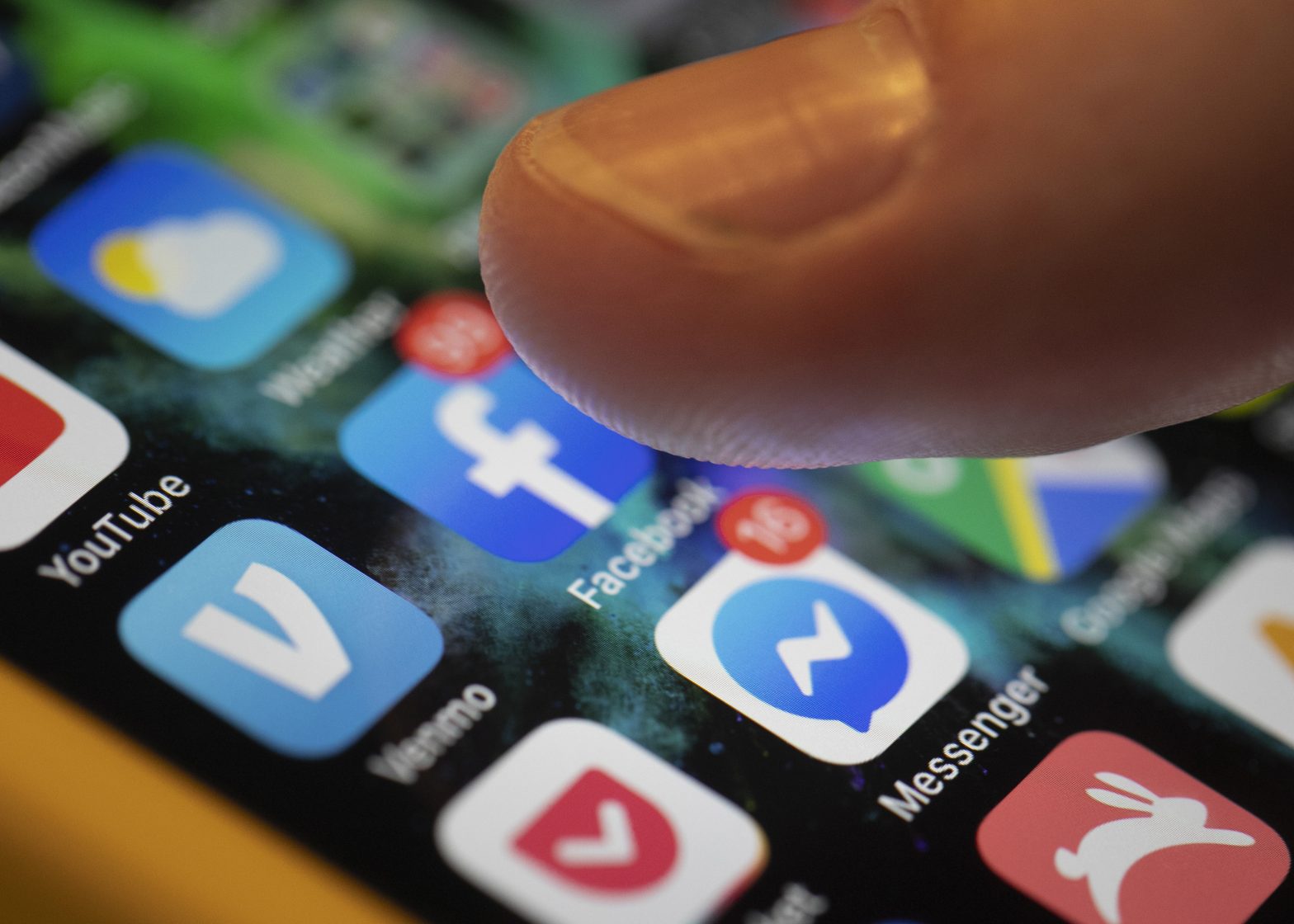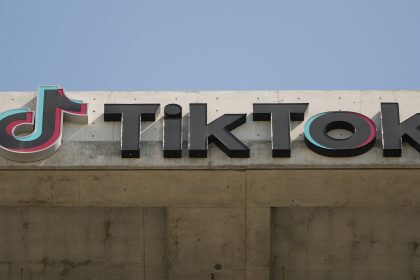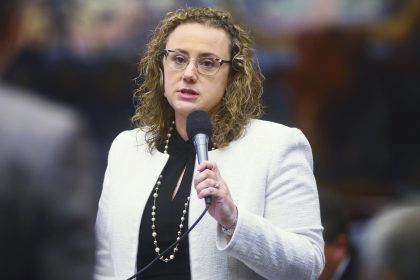Federal Trade Commission Sues Facebook Claiming Unfair Monopoly Tactics

WASHINGTON — The Federal Trade Commission submitted an amended complaint Thursday against Facebook Inc. in federal court in a case that threatens the social media giant’s multibillion dollar annual business operations.
The FTC accuses Facebook of antitrust violations that give its competition minimal chance of surviving beyond their first few years of operation.
The lawsuit appears to advance a Biden administration policy announced in July for the agency to take a tougher position against concentrating too much of the economy’s wealth in a few companies.
Facebook is valued at more than $1 trillion.
The complaint filed Thursday represents the commission’s second attempt to break up Facebook’s control over personal social networking after a federal judge threw out the first complaint in late June.
District Judge James E. Boasberg said the first complaint filed in U.S. District Court for the District of Columbia failed to allege facts beyond “the naked allegation” that Facebook unfairly dominates its market.
The lawsuit sought an injunction against Facebook but Boasberg said the FTC did not describe a violation of antitrust laws the court could block with an order.
In the amended complaint, the FTC says “multiple metrics” show Facebook’s “dominant share,” including the number of daily and monthly active users and the time they spend online.
“Individually and collectively, these metrics provide significant evidence of Facebook’s durable monopoly power in personal social networking services since at least 2011,” the commission’s amended 80-page complaint says.
Examples of Facebook’s monopoly power mentioned in the complaint include the company’s purchase of WhatsApp and Instagram. The FTC wants to undo the deals.
WhatsApp is one of the world’s largest instant messaging services for text and voice messages on mobile devices. It also allows users to make voice and video calls, and to share images, documents and user locations.
From a startup in 2009, WhatsApp grew quickly, winning venture capital financing in 2013 on a valuation of $1.5 billion. A year later, Facebook bought the company for $19 billion.
It was Facebook’s largest acquisition to date.
Instagram is a photo and video sharing social networking service founded in October 2010. Within one year, it had 10 million users.
In April 2012, Facebook acquired Instagram for $1 billion in cash and stock. It now has more than a billion annual users.
The FTC complaint says, “Facebook has maintained its monopoly position in significant part by pursuing Chief Executive Officer Mark Zuckerberg’s strategy, expressed in 2008: ‘it is better to buy than compete.’ True to that maxim, Facebook has systematically tracked potential rivals and acquired companies that it viewed as serious competitive threats.”
The FTC accuses Facebook of using software and market barriers that prevent competitors from using its platform.
“Facebook … supplemented this anticompetitive acquisition strategy with anticompetitive conditional dealing policies, designed to erect or maintain entry barriers and to neutralize perceived competitive threats,” the commission’s complaint says.
The court gave Facebook until Oct. 4 to answer the FTC complaint. The company said in a statement it would respond soon.
In its previous responses to the FTC, Facebook pinned much of the blame for the antitrust complaint on Lina Khan, the FTC’s chair appointed by President Joe Biden in mid-June.
A month later, Facebook filed a petition in federal court to force Khan to be removed from any FTC antitrust action against the company. Facebook cited her writings and comments that it says demonstrate bias.
Retail giant Amazon has filed a separate petition for Khan’s recusal, also saying she was biased against the company.
Khan has said huge companies like Facebook and Amazon stifle innovation by squelching smaller companies. She also has refused to recuse herself, saying court rules of procedure protect the companies from her personal feelings.
























